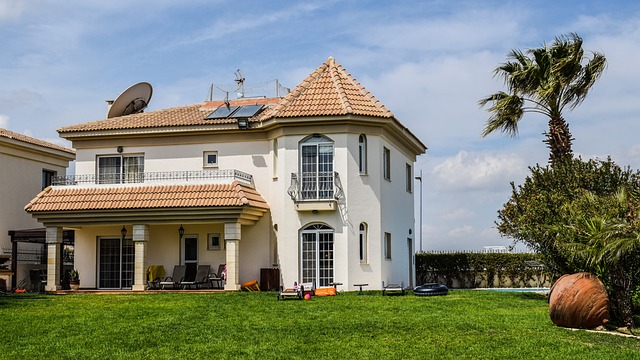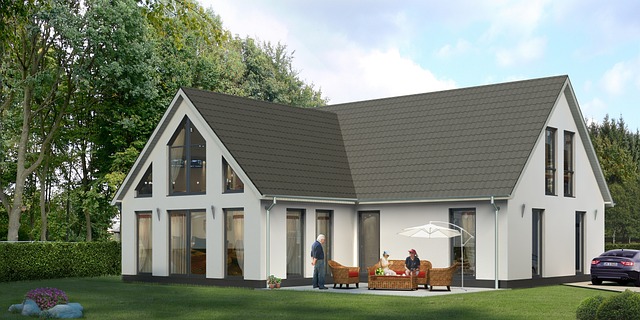Owning a home is a dream for many. And when you search for a place to call home, two popular options catch our eye – villas and condominiums (condos). At first glance, they may appear similar. But some noteworthy differences set them apart.
Hence, it’s important to know what defines a condo and a villa and the main difference between them.
In this article, I’ll explain everything you need to know about villas and condo homes to decide which fits into your dream home. Read on as we break it down in simple terms!
What is the difference between a condo and a villa?
If you are wondering about the difference between a condo and a villa, you’re not alone. Many prospective home buyers seek to understand these two residential properties. Today, I will let you know the major differences between them. But before diving into that, let’s first understand the individual meanings of each.
What is a villa?

A villa is a single-family detached or semidetached home with an external patio, yard, well-decorated garden, or terrace that sits on its own plot of land. Villas are often found in sleepy suburbs or gated communities away from dense urban areas. Villas come in different sizes, designs, and styles, but they offer total privacy and independence since they are standalone structures.
The land that a villa sits on is privately owned by the homeowner. This allows complete freedom to utilize the outdoor spaces around the home as one wishes without interference.
What is a condo?

A condominium, popularly shortened to condo, refers to a housing unit that is part of a larger building or property complex owned jointly by multiple owners. Unlike standalone villas, condos share common spaces and facilities with other owners in the building or development. This includes lobbies, elevators, gyms, pools, etc.
Condos come with shared maintenance costs and homeowner association (HOA) fees that cover the upkeep of communal amenities. They offer a more affordable ownership option but less privacy than villas due to close proximity to neighbors who share walls and resources.
Villa vs. Condo
Some of the major differences between a condo and a villa are shown below so that you can take a quick look.
| Factor | Villa | Condo |
| Privacy | Offers greater privacy and independence given their detached nature without neighbors nearby or shared walls. | Has less privacy with closer proximity to other residents. |
| Space | Usually has more spacious plots and larger living areas. It is about 2000 square feet, whereas others can be as large as 10,000 square feet. | It may feel more compact due to the multi-family setup. It is usually between 1,000 and 1,500 square feet. |
| Costs | Purchasing is generally more expensive upfront. | Comes with monthly shared maintenance fees. |
| Maintenance | As standalone structures, owners are fully responsible for all repairs and upkeep costs. | Maintenance is shared among owners to cover communal areas. |
| Customization | Allows greater flexibility to renovate, decorate, landscape, or make additions as desired. | Customization is limited due to shared infrastructure. |
| Location | Typically found in quieter residential communities outside cities. | More prevalent in urban downtown settings close to entertainment and amenities. |
More so, selling a villa is less complicated than selling a condo. So, it is advised to confirm with your HOA that you abide by all rules, including paying your dues on time, before you sell your condo. Additionally, the HOA may vet potential purchasers, which may restrict your bids.
Key Takeaway
In closing, there’s no one verdict we can apply to whether a villa or a condo fits our needs. It all comes down to personal priorities. For those of us wanting private, self-sufficient living, standalone villas may seem more enticing. But for someone unbothered by close neighbors and seeking affordable ownership with shared bills and urban access, condominiums could be ideal. Ultimately, the perfect pick will depend wholly on which aligns closest to our home vision.
References:
[1] https://housing.com/news/modern-villa-designs-trends/
[2] https://www.rocketmortgage.com/learn/hoa
[3] https://www.bankrate.com/real-estate/sell-a-condo/











Leave a Review